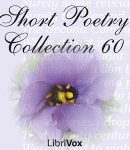
Short Poetry Collection 060
LibriVox’s Short Poetry Collection 060: a collection of 20 public-domain poems. [chương_files]

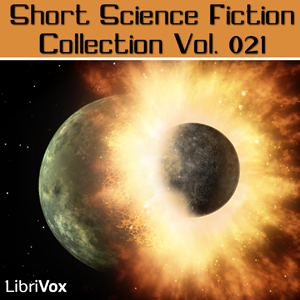
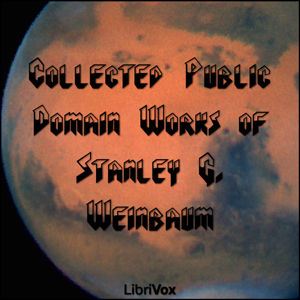
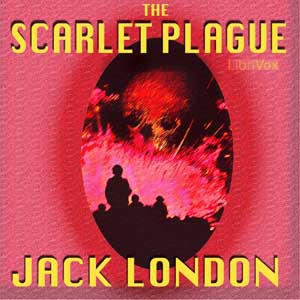
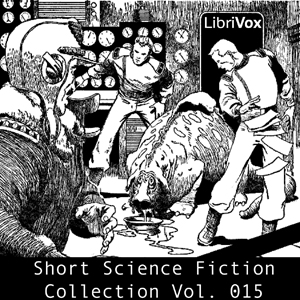
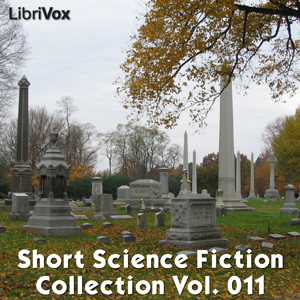
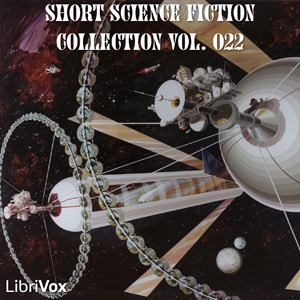


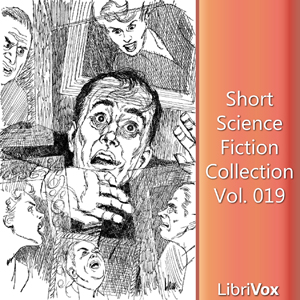

LibriVox’s Short Poetry Collection 060: a collection of 20 public-domain poems. [chương_files]

A collection of children’s alphabet rhymes including Footsteps On the Road to Learning – a short text from 1850 which teaches children the English alphabet in rime–so that a child may not become a dunce! The Anti Slavery Alphabet – a book prepared to encourage young children to speak against the institution of slavery in 19th century United States. The method used is an alphabetical listing of the evils of slavery. The Peter Pan Alphabet and The Alphabet of Celebrities – Oliver Herford’s teaching guides to the English alphabet–using Peter Pan and famous names! (Summary by Sam Stinson and Wikipedia) [chương_files]
LibriVox’s Short Poetry Collection 068: a collection of 20 public-domain poems, chosen and read by Librivox volunteers. [chương_files]

This is a concise yet thorough explanation of what might happen to our world in the aftermath of a nuclear war. The myriad of potential effects will be global and wide-spread, and the potentials are glazed over in this short work. [chương_files]
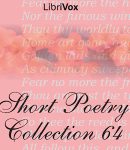
LibriVox’s Short Poetry Collection 064: a collection of 20 public-domain poems, chosen and read by Librivox volunteers. [chương_files]
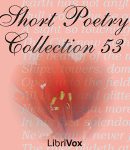
LibriVox’s Short Poetry Collection 053: a collection of 20 public-domain poems. [chương_files]
LibriVox’s Short Poetry Collection 063: a collection of 20 public-domain poems. [chương_files]
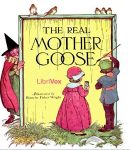
A heartwarming collection of nursery rhymes that will take you back to your childhood! (Summary by Allyson Hester) [chương_files]

The Forest is a short collection of Ben Jonson’s poetry. This collection of fifteen poems first appeared in the 1616 first folio of his collected works. (Summary by Sheldon Greaves) [chương_files]
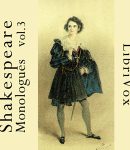
LibriVox readers present the third collection of monologues from Shakespeare’s plays. Containing 20 parts. – William Shakespeare (April 26, 1564 – April 23, 1616) remains widely to be considered the single greatest playwright of all time. He wrote in such a variety of genres – tragedy, comedy, romance, &c – that there is always at least one monologue in each of his plays. Some of these teach a lesson, some simply characterize Shakespeare at his best, some are funny, some sad, but all are very moving. Each monologue will touch everybody differently. Some people will be so moved by a particular monologue that they will want to record it. (Summary by Shurtagal). [chương_files]
Copyright © 2024 | FreeAudible